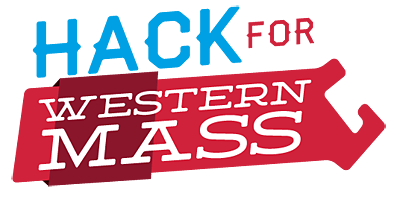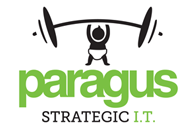When I tell people about Hack for Change, a common response is, “That sounds really cool, but I’m not a programmer!”
Think of a hackathon like a movie. Actors are only one part—you also need directors, producers, screenwriters, editors, production designers, costume designers, sound engineers, and art directors. Actors alone cannot make a movie, and programmers alone cannot make a hackathon.
So what are some of the non-technical roles on a hackathon project team?
- Volunteer: Help set up tables and chairs, audio/visual equipment and posters, meal and snacks.
- Project manager: we’re only working for one weekend, so it’s critical to keep the team on track
- Documenter/scribe: it’s also critical for teams to document the decisions they make throughout the weekend and to document their solution so people can use it
- Presentation preparer: each team will have a chance to show off its work, so someone will need to get ready (slides? screenshots? the daring live demo?)
- Designer: someone who can make the project look good and create a great user experience
- Problem solver: every great team has someone who can see the big picture, solve problems, and get people unstuck
- Social media maven and blogger: we’re one of 90 events happening across the country, so it’s important to share your work and projects on social media and on our blog (so others can see what we’re up to!)
Civic Hackathons Work!
- Random Hacks of Kindness: See solutions built at previous RHoK events.
- Code for America apps: Code for America has built many open source civic apps.
- Civic Tech Patterns: common practices that may help or hinder the conception or design of your civic technology.
- Hacking is Good for Democracy: article by Gavin Newsom on Wired
- Roll Up Your Sleeves, Get Involved, and Get Civic-Hacking: the White House call to action















